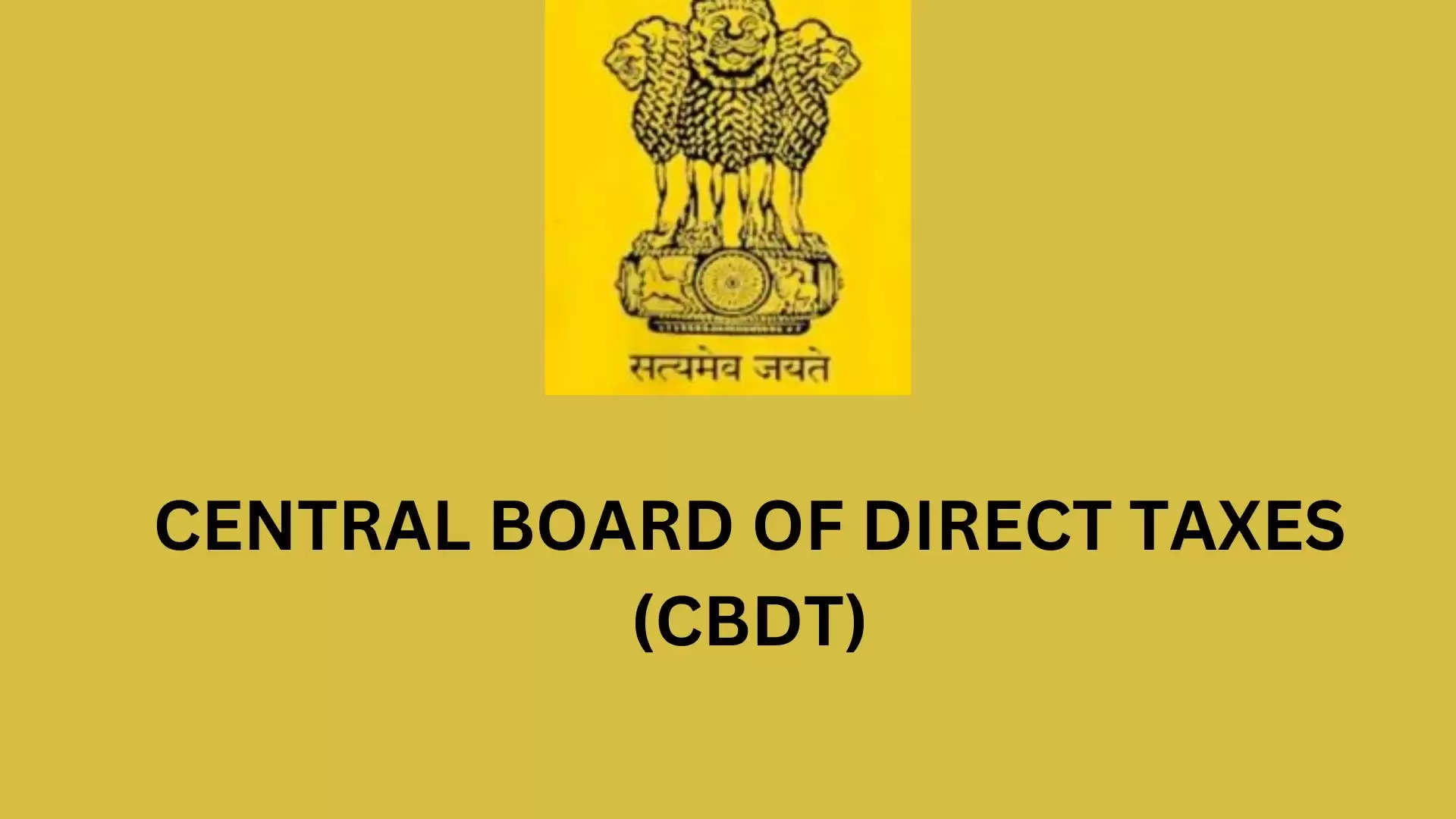CBDT Clarifies Rules for Income-Tax Clearance Certificates
Section 230(1A) of the Income-tax Act, 1961 requires certain people in India to obtain a tax clearance certificate under specific conditions. This rule was added through the Finance Act of 2003 and became effective on June 1, 2003.
Recently, the Finance (No.2) Act, 2024 made a small but important change to this section. It added a reference to the Black Money (Undisclosed Foreign Income and Assets) and Imposition of Tax Act, 2015. This means that now, liabilities under the Black Money Act are treated the same way as liabilities under the Income-tax Act, 1961 and other direct tax laws when it comes to getting a tax clearance certificate under Section 230(1A).
There seems to be some misinformation about the recent amendment due to a misinterpretation. It is being mistakenly reported that all Indian citizens must obtain an income-tax clearance certificate (ITCC) before leaving the country. This is not true.
Under Section 230 of the Act, not everyone needs to get a tax clearance certificate. Only specific individuals, who have particular circumstances requiring it, must obtain the certificate. This has been the rule since 2003 and has not changed with the recent amendments in the Finance (No. 2) Act, 2024.
In this context, the CBDT, through its Instruction No. 1/2004 dated February 5, 2004, has outlined that a tax clearance certificate under Section 230(1A) of the Act is only required for individuals domiciled in India in the following situations:
- If the person is involved in major financial irregularities and their presence is needed for investigating cases under the Income-tax Act or the Wealth-tax Act, and it is possible that a tax demand will be made against them, or
- If the person has direct tax arrears of over Rs. 10 lakh that have not been stayed by any authority.
Additionally, a person can only be required to obtain a tax clearance certificate after the reasons for this requirement have been documented and approval has been obtained from the Principal Chief Commissioner of Income-tax or the Chief Commissioner of Income-tax.
Therefore, it is important to note that an income-tax clearance certificate (ITCC) under Section 230(1A) of the Act is required for residents domiciled in India only in rare situations, such as:
- If the person is involved in serious financial irregularities, or
- If there is a pending tax demand over Rs. 10 lakh that hasn’t been stayed by any authority.
Source: Government of India Ministry of Finance Department of Revenue of Central Board of Direct Taxes
To join us on Facebook Click Here and Subscribe to UdaipurTimes Broadcast channels on GoogleNews | Telegram | Signal



